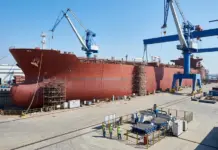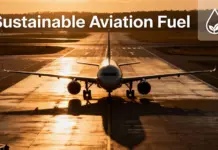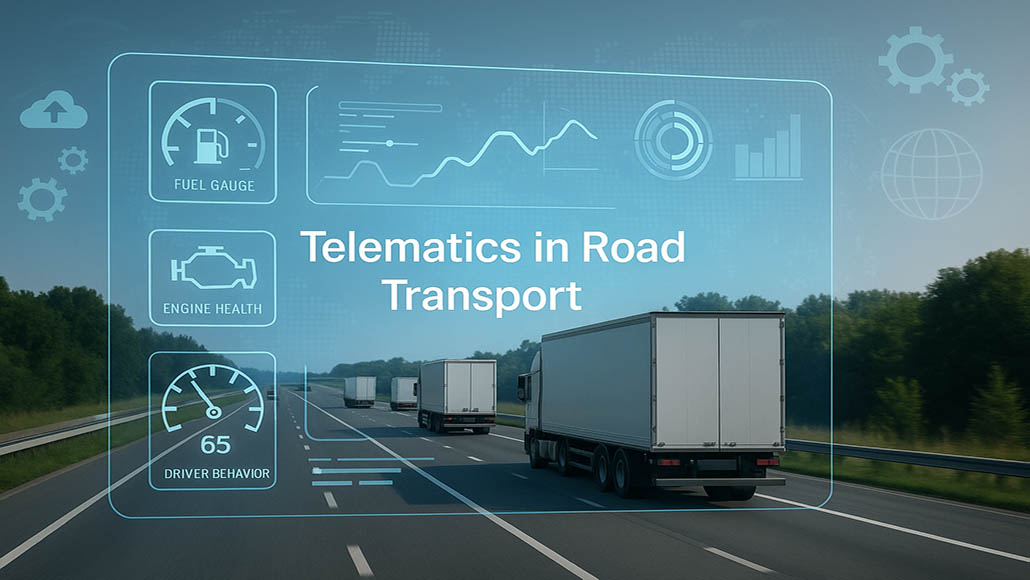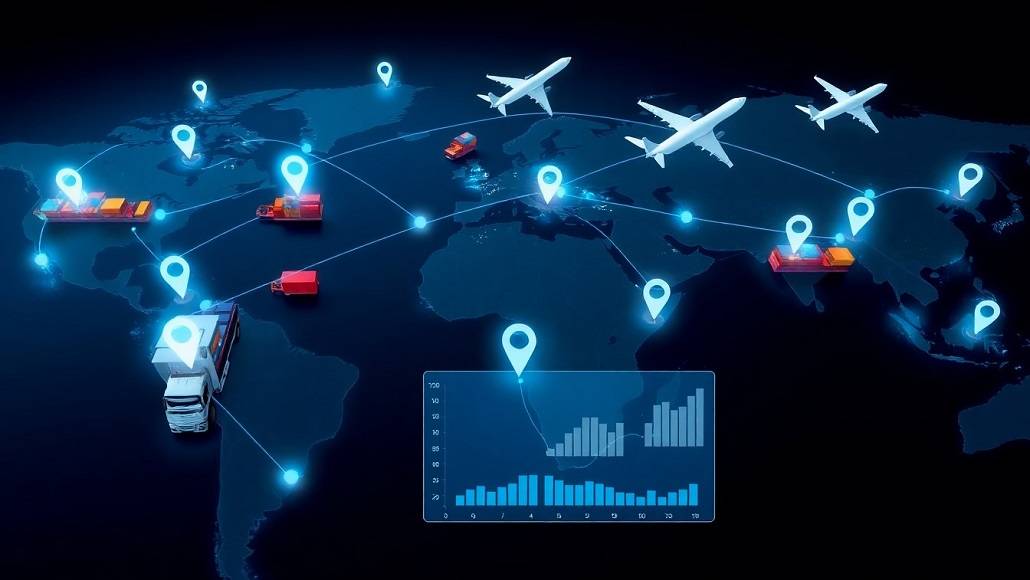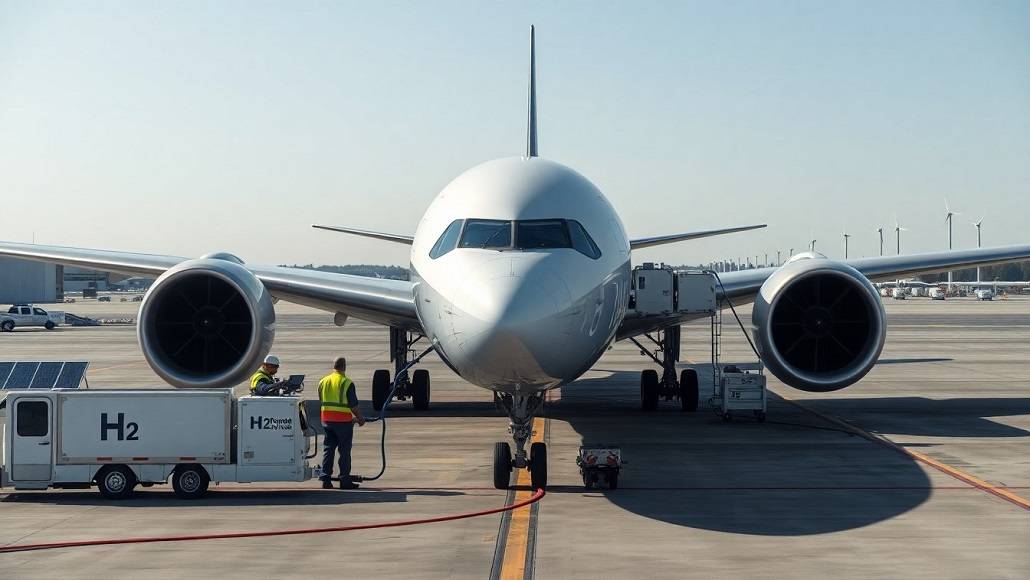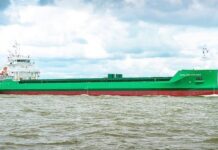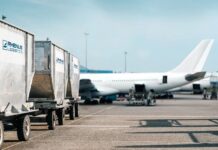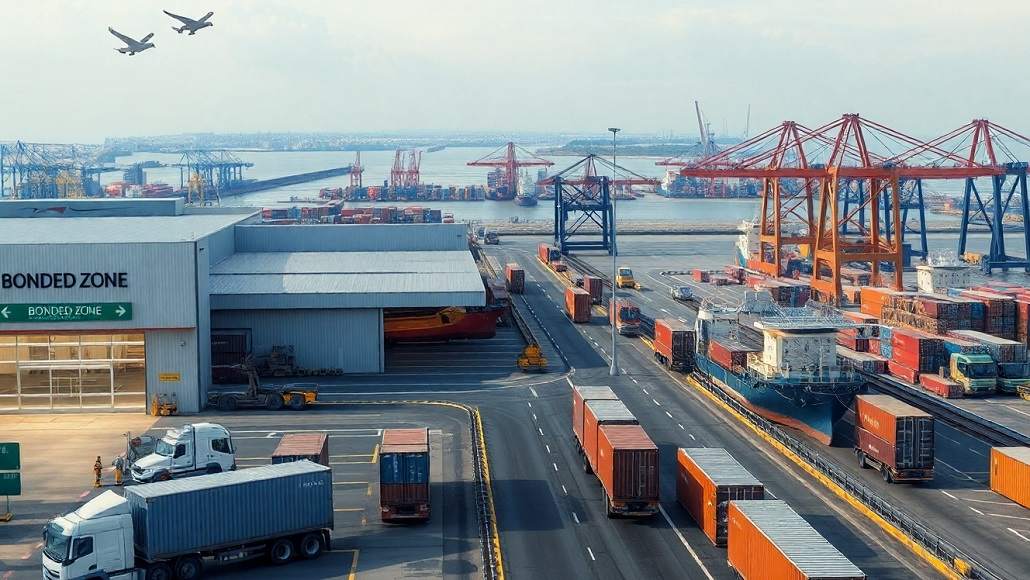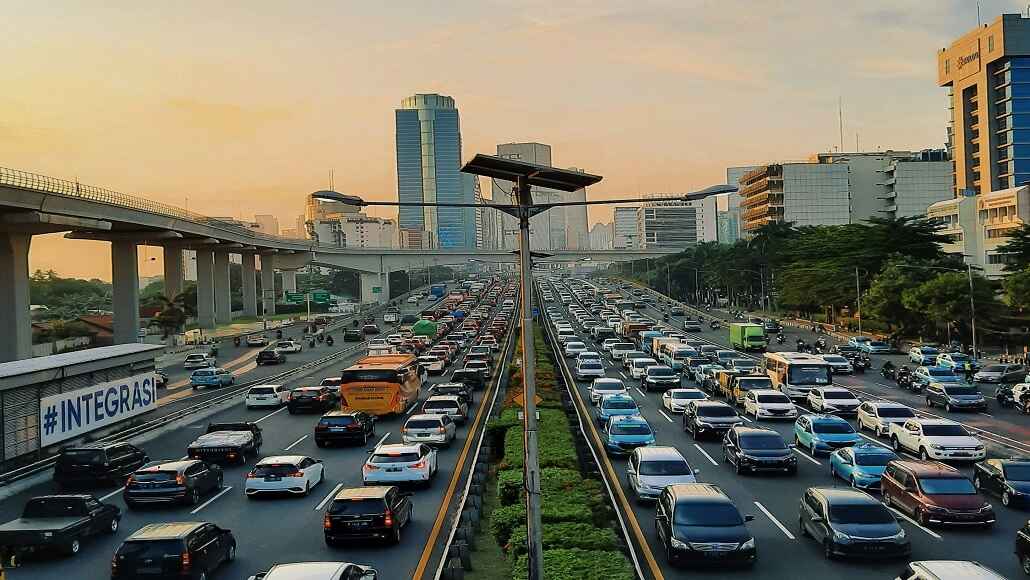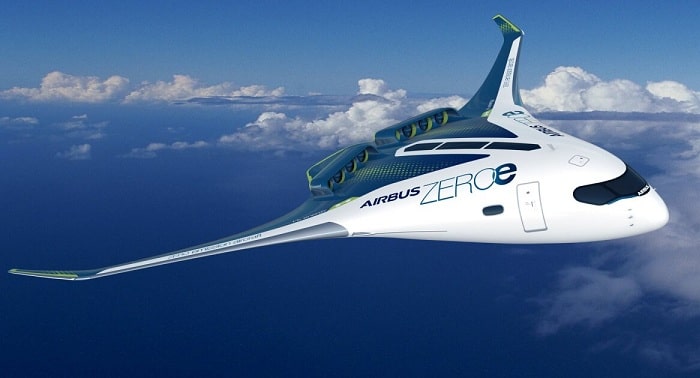Airbus is opening a hydrogen-focused laboratory in the United Kingdom, marking the company’s latest endeavour to boost the development of its next generation of aircraft. Airbus stated in a statement that the Zero-Emissions Development Centre in Filton, Bristol, has already started working on the technology’s creation. One of the key tasks of the site will be to develop a cost-competitive cryogenic fuel system that Airbus’ ZEROe aircraft will require.
Specifications of 3 zero-emission “hybrid-hydrogen” concept planes known as ZEROe were revealed in September 2020. Airbus has announced that it hopes to manufacture zero-emission commercial aircraft by 2035. The ZEDC in the United Kingdom will join those in Spain, Germany, and France that already exist.All Airbus ZEDCs are anticipated to be fully functional and available for ground testing in 2023, with flight testing beginning in 2026, the company added. Aviation has a huge environmental impact, according to the World Wildlife Fund, which calls it one of the fastest-growing sources of greenhouse emissions causing global climate change. Air travel is also currently the most carbon-demanding exercise an individual can engage in, according to the WWF.
Environmental groups recently filed a lawsuit against KLM, alleging that the Dutch airline was deceiving the public about the long-term viability of flying. The case was filed on the same day as KLM’s annual general meeting. A spokesman verified that the letter had been received by the organisation and that it would be studied.
Hydrogen’s prospects
Airbus CEO Guillaume Faury said earlier this year that aviation would possibly face big difficulties if they don’t manage to decarbonize at the proper pace. Faury, who was speaking with CNBC’s Rosanna Lockwood, outlined a number of areas where the company is concentrating its efforts. These include reducing the amount of fuel used and the amount of carbon dioxide emitted by flights. Furthermore, the company’s aircraft now had a recognised capacity for 50% of jet fuel in their tanks. They need to see the SAF sector progress, expand, and grow in order to service airlines and be able to employ the 50% potential of SAF, he added. By the end of the decade, it will be at 100%.
Faury noted that the above was a really significant aspect of what they are doing. The next one is looking at the mid-to long-term future to bring the hydrogen plane to market since this is truly the ultimate solution, he said, adding that it would take a lot of technology, study, and capital commitments.
Hydrogen, called a “versatile energy carrier” by the International Energy Agency, has a wide range of applications and can be used in a variety of industries. It can be made in various of ways.Electrolysis is one method that involves breaking water into oxygen and hydrogen using an electric current. Some refer to this process as green or renewable hydrogen if the electricity utilised in it originates from a renewable source like wind or solar. The vast majority of hydrogen is now produced using fossil fuels.
Airbus isn’t the only airline considering hydrogen energy. The project’s backers hope to fly commercial hydrogen-electric aircraft between London and Rotterdam in 2024, according to plans announced last October.
At the time, ZeroAvia, an aviation business, declared that it was developing a 19-seater airplane that would run entirely on hydrogen.The company’s 6-seater hydrogen fuel cell plane made its maiden flight in September 2020.







